
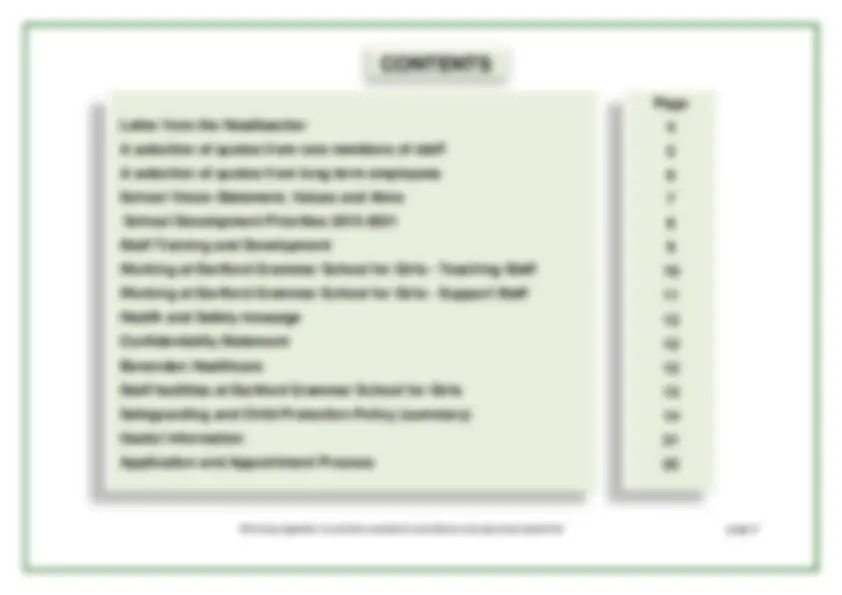

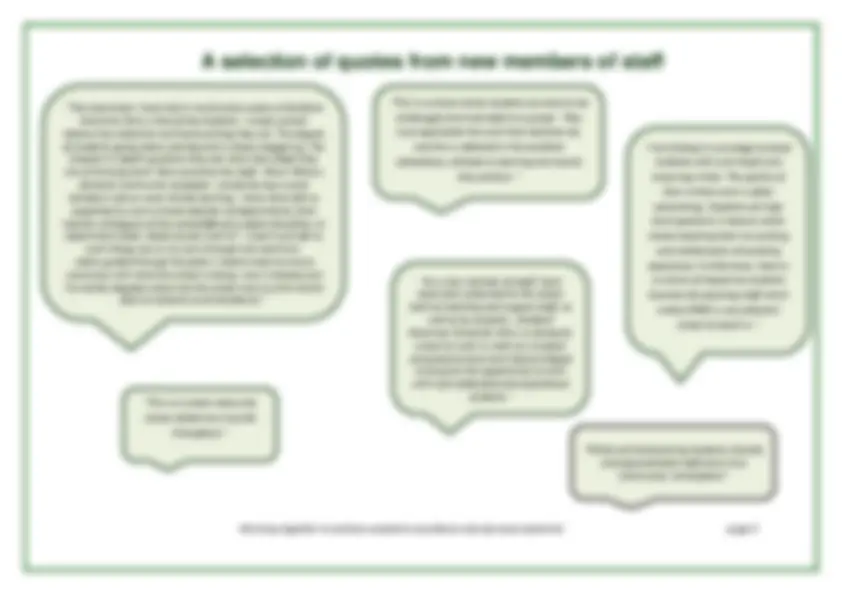
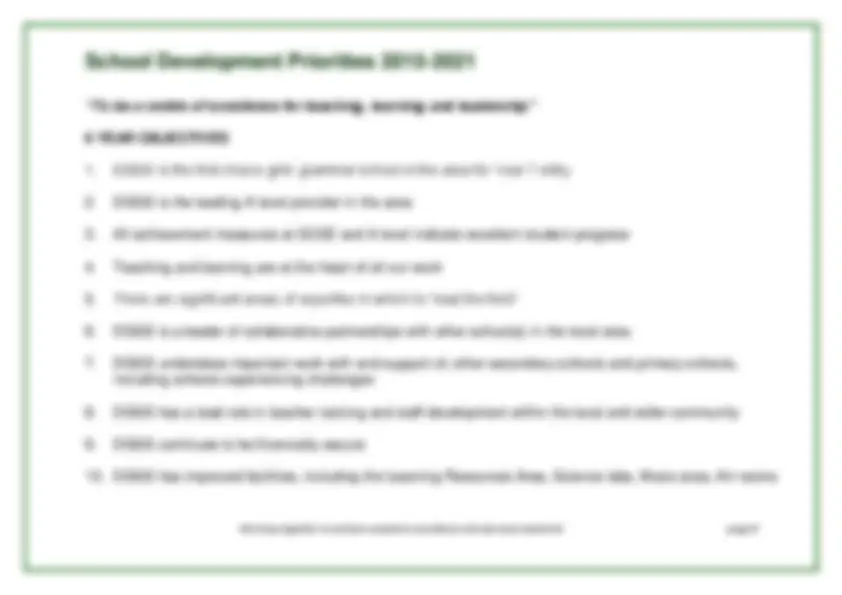
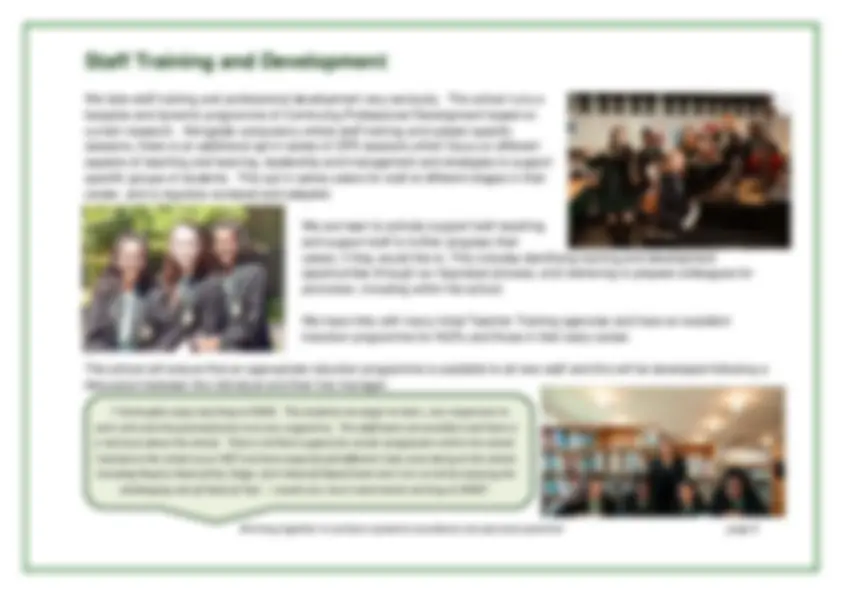
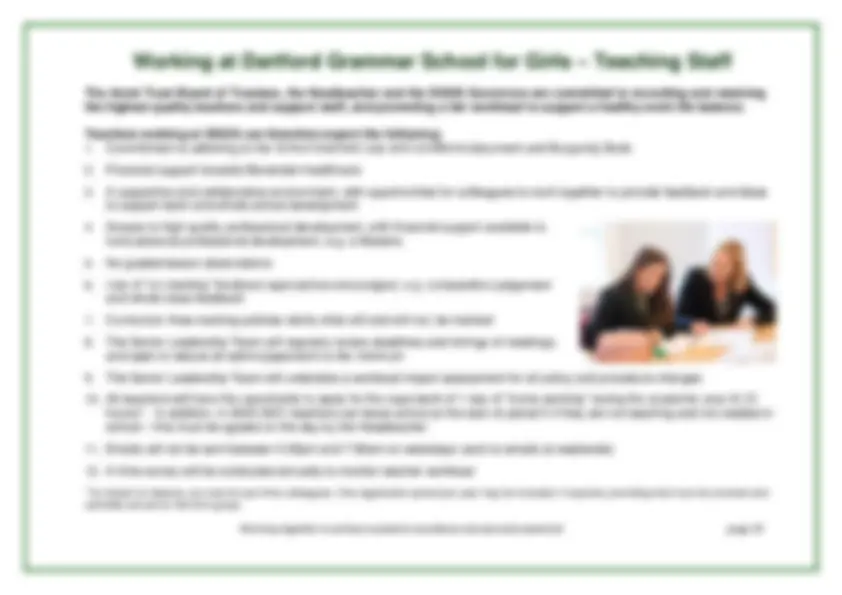

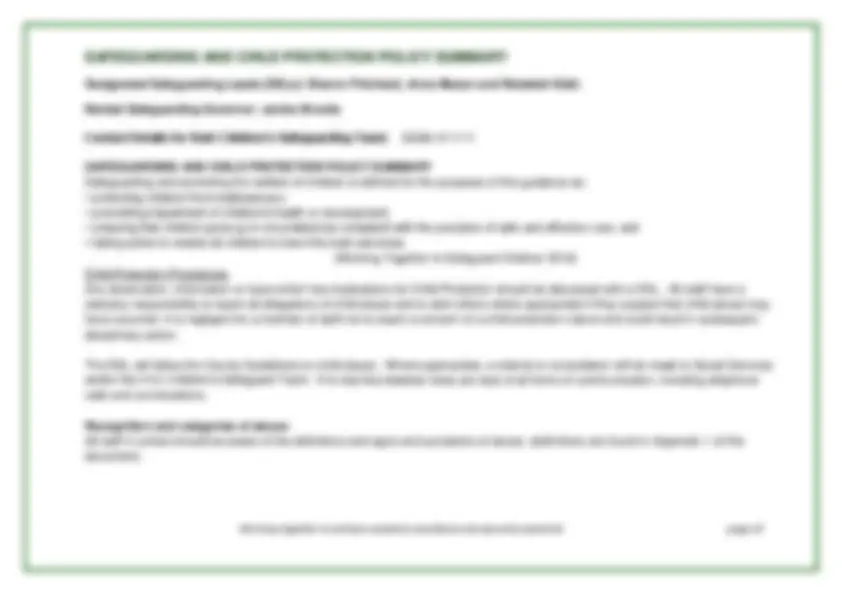
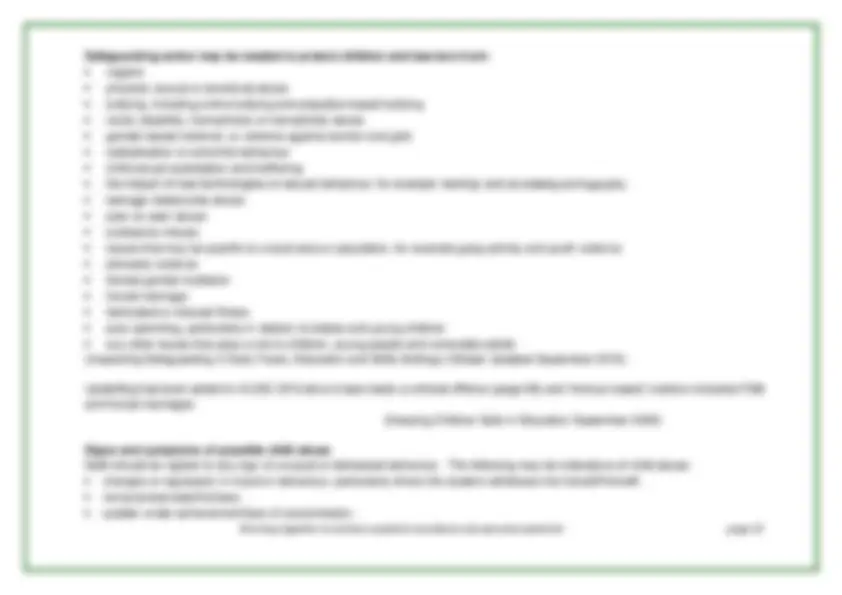
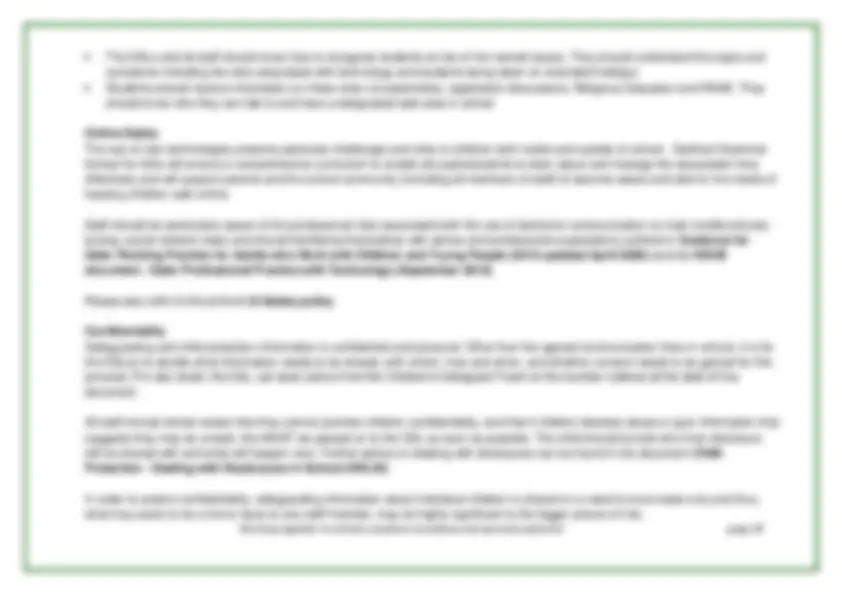

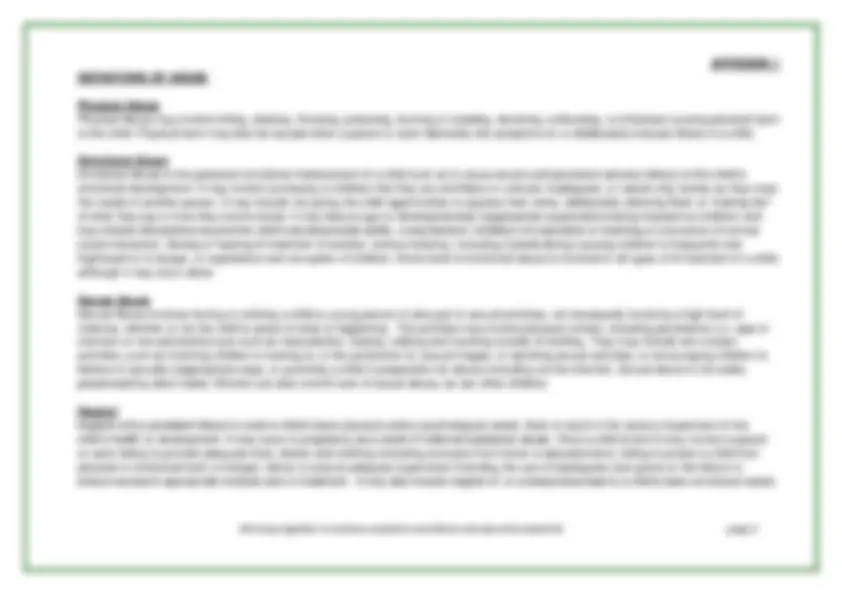
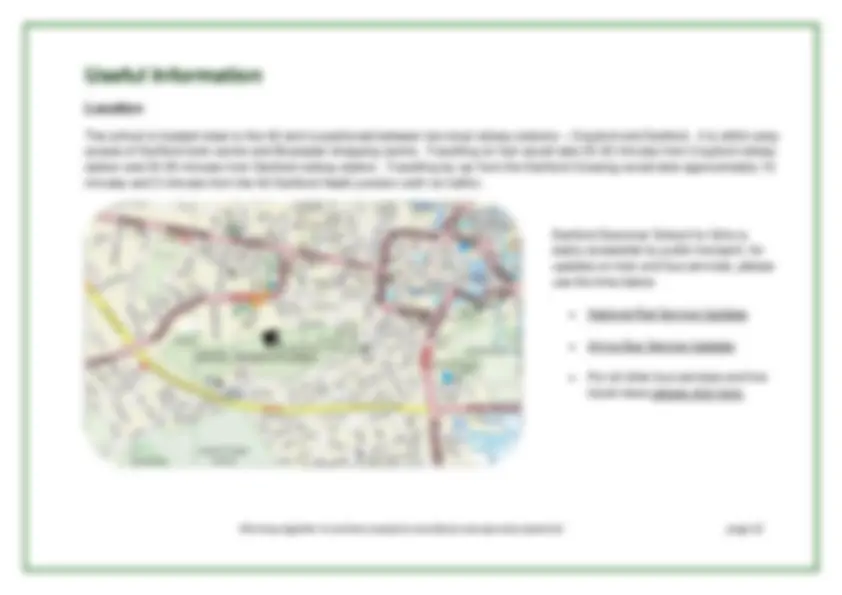
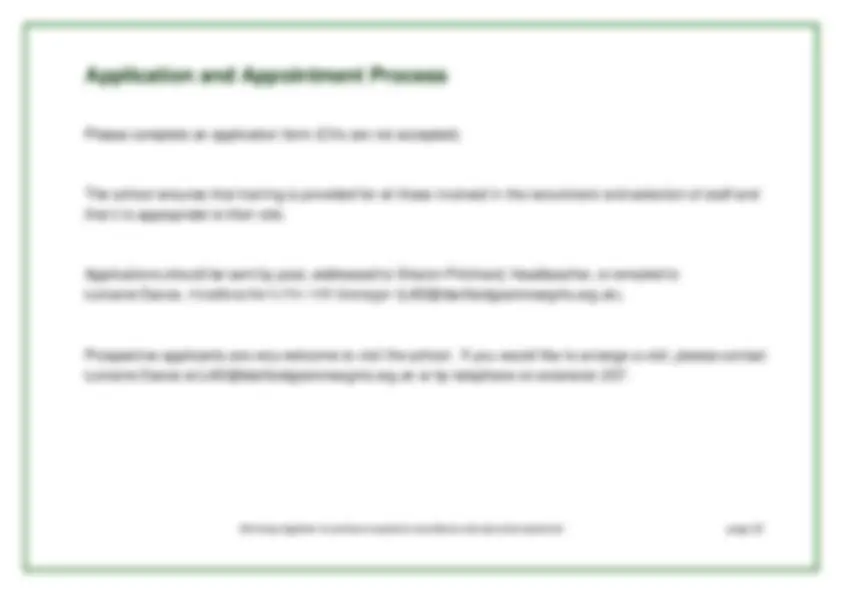



Study with the several resources on Docsity

Earn points by helping other students or get them with a premium plan


Prepare for your exams
Study with the several resources on Docsity

Earn points to download
Earn points by helping other students or get them with a premium plan
Community
Ask the community for help and clear up your study doubts
Discover the best universities in your country according to Docsity users
Free resources
Download our free guides on studying techniques, anxiety management strategies, and thesis advice from Docsity tutors
Dartford Grammar School for Girls is a heavily oversubscribed, selective school with an excellent academic record. Our vision for all members of our school ...
Typology: Study notes
1 / 23

This page cannot be seen from the preview
Don't miss anything!
















Working together to achieve academic excellence and personal potential
Welcome to Dartford Grammar School for Girls
Thank you for your interest in Dartford Grammar School for Girls. I am very pleased to provide you with information about the school.
Dartford Grammar School for Girls is a heavily oversubscribed, selective school with an excellent academic record. Our vision for all members of our school community is “Working together to achieve academic excellence and personal potential”****. We have very high standards in all areas of school life and expect our students to strive for their own personal excellence in everything they do. As a community our principal values are Respect, Responsibility, Excellence, Dedication and Creativity. Together we share the same high expectations and ambitious aspirations whilst recognising and celebrating our differences as individuals.
We were delighted that Ofsted judged the school to be Outstanding in all categories in June 2016. Since then, we have been developing further as a centre of excellence for teaching, learning and leadership. As Headteacher, I have very ambitious plans for our school and am fully committed to ensuring that every student has the very best opportunities to succeed.
In June 2017 we became an academy and established our own multi-academy trust, The Areté Trust. We are currently the only school in the Trust but we are very excited by the future opportunities for all members of our community, as we will be the lead school in The Areté Trust.
Specific details relating to this vacancy are available separately. We very much look forward to hearing from you.
Yours faithfully
Sharon Pritchard Headteacher
A selection of quotes from new members of staff
“As a new member of staff I have been fully welcomed to the school both by teaching and support staff, as well as by students. Dartford Grammar School for Girls is a fantastic school to work in, both on a subject and pastoral level and I feel privileged to be given the opportunity to work with such dedicated and aspirational students.”
“I am finding it a privilege to teach students with such bright and enquiring minds. The quality of their written work is often astonishing. Students ask high level questions in lessons which makes teaching them an exciting and intellectually stimulating experience. Furthermore, there is a culture of respect by students towards the teaching staff which makes DGGS a very pleasant school to teach in.”
“The impression I have had in my first few weeks at Dartford Grammar Girls is that of the students. I simply cannot believe how attentive and hard-working they are. The degree of students going above and beyond is simply staggering. The frequent in depth questions they ask show how adept they are at thinking hard! Next would be the staff - Wow! What a fantastic community of people. I joined during a covid lockdown and so were remote learning. I have never felt so supported by such a broad selection of departments, from teacher colleagues of the same/different subject discipline, to department leads, heads of year and SLT. I wasn't just left to work things out on my own through trial and error, rather guided through the paths I need to take to ensure continuity with what the school is doing. Love it already and I've hardly stepped a foot into the school over my first month (due to national covid lockdown).”
“Polite and hardworking students, friendly and approachable staff and a nice ‘community’ atmosphere”.
“This is a school where students are keen to be challenged and motivated to succeed. They truly appreciate the work their teachers do, and this is reflected in the excellent attendance, attitude to learning and results they achieve. “
“This is a school where the values stated are truly felt throughout.”
School Vision Statement, Values and Aims
At Dartford Grammar School for Girls, our vision for the whole school community is “Working together to achieve academic excellence and personal potential”.
VALUES The principal values of our school community are: Respect Responsibility Excellence Dedication Creativity
AIMS Dartford Grammar School for Girls has provided first rate education for able students since 1904. As we embrace the ever changing opportunities and challenges of the 21st^ century, we will continue to uphold the traditions, values and high expectations of an exceptional grammar school within an innovative, creative and progressive framework.
At Dartford Grammar School for Girls we therefore aim to:
School Development Priorities 2015-
Working at Dartford Grammar School for Girls – Teaching Staff
The Areté Trust Board of Trustees, the Headteacher and the DGGS Governors are committed to recruiting and retaining the highest quality teachers and support staff, and promoting a fair workload to support a healthy work-life balance.
Teachers working at DGGS can therefore expect the following:
*no impact on lessons, pro-rata for part-time colleagues. One registration period per year may be included, if required, providing that it can be covered and activities are set for the form group.
Working at Dartford Grammar School for Girls – Support Staff
The Areté Trust Board of Trustees, the Headteacher and the DGGS Governors are committed to recruiting and retaining the highest quality teachers and support staff, and promoting a fair workload to support a healthy work-life balance.
Support staff working at DGGS can therefore expect the following:
personal professional development, e.g. a Masters
Staff facilities at Dartford Grammar School for Girls
When the school is operating normally, available staff facilities include access to our indoor swimming pool and Fitness Suite located in our state-of-the-art Sports Hall. Requests for specific clubs are encouraged.
Staff have access to a shower room should they wish to use it for, example when cycling to work or making use of any of the available sports facilities.
In addition to the school canteen, staff can use of the Sixth Form Café area where a variety of snacks and coffees can be purchased.
Designated Safeguarding Leads (DSLs): Sharon Pritchard, Anne Mason and Rebekah Kidd.
Named Safeguarding Governor: Janice Brooke
Contact Details for Kent Children’s Safeguarding Team: 03000 411111
SAFEGUARDING AND CHILD PROTECTION POLICY SUMMARY Safeguarding and promoting the welfare of children is defined for the purposes of this guidance as:
The DSL will follow the County Guidelines on child abuse. Where appropriate, a referral or consultation will be made to Social Services and/or the KCC Children’s Safeguard Team. It is vital that detailed notes are kept of all forms of communication, including telephone calls and conversations.
Recognition and categories of abuse: All staff in school should be aware of the definitions and signs and symptoms of abuse. (definitions are found in Appendix 1 of this document).
inappropriate relationships with peers and/or adults; attention-seeking behaviour; persistent tiredness; running away/stealing/lying.
Staff must read and understand Part One and Appendix A of Keeping Children Safe in Education September 2020
Staff should be vigilant for: any injuries not consistent with the explanation given for them;
any injuries which have not received medical attention; instances where injured children are kept away from school without reasonable information; reluctance to change for P.E., Drama or Dance; any signs of neglect; any allegations made by a child concerning sexual abuse; age-inappropriate sexual behaviour.
The role of the school in situations where there are child protection concerns is NOT to investigate but to recognise and refer.
If you have good reason to suspect abuse is taking place, you should: NOT make any attempt at cross-questioning the student, or where physical abuse is concerned, undress him/her; not make notes, using the Safeguarding Incident/Concern form. This must be given to the DSL; records must be completed urgently and signed and dated; discuss the matter immediately with the DSL (or the Headteacher).
If a student tells you she/he has been abused, you should:
listen to what she/he has to say. Do NOT promise confidentiality - what she/he is telling you must be passed on; guard against any visible sign of distress or repugnance if the disclosure is a shock to you; adopt a supportive and listening role and talk quietly with the student in a quiet interruption-free place; guard against any cross-questioning or, where physical abuse is concerned, asking her/him to undress; offer reassurance (remember she/he may fear the implications of "telling" or may be under threats of reprisals);
explain the follow up procedure – what happens next; make notes, using the student’s exact words, using the school Safeguarding Incident/Concern form; records must be completed as soon as possible after the incident/event and must be signed and dated. The form must be given to the DSL; discuss the matter immediately with the DSL (or the Headteacher).
Female Genital Mutilation mandatory reporting duty for teachers Whilst all staff should speak to the designated safeguarding lead (or deputy) with regard to any concerns about female genital mutilation (FGM), there is a specific legal duty on teachers. If a teacher , in the course of their work in the profession, discovers that an act of FGM appears to have been carried out on a girl under the age of 18, the teacher must report this to the police. See Annex A for further details. (Keeping Children Safe in Education September 2020) It is essential that the DSL is informed immediately so that the safety of the student can be considered and safeguards put in place to ensure their safety is not compromised.
Action Summary LISTEN to what the student has to say REPORT all suspicions IMMEDIATELY to the DSL (or the Headteacher) RECORD in detail the circumstances and the action taken REMEMBER speed is essential
REMEMBER child abuse occurs in families from all social groups regardless of religion, culture, social class or financial position. Children who have a disability are statistically subject to greater risk of abuse and are particularly vulnerable. Those who abuse children can be of any age, gender, ethnic group or background and it is important not to allow personal preconceptions to prevent recognition or action taking place.
Other Safeguarding Issues – (see Part 1 of Keeping Children Safe in Education 2020)
School staff should receive training on Child Exploitation, Radicalisation, Extremism, Forced Marriages and Female Genital Mutilation. They should also be aware of the PREVENT Agenda
Safe Working Practice Staff are required to work within clear Guidelines on Safe Working Practice and the school’s Code of Conduct.
Children may make allegations against staff in situations where they feel vulnerable or where they perceive there to be a possible risk to their welfare. As such, all school staff should take care not to place themselves in a vulnerable position regarding child protection or potential allegations. For example, it is always advisable for interviews or work with individual children or parents to be conducted in view of other adults. Physical intervention should only be used when the child is endangering him/herself or others (see Behaviour Policy)and such events should be recorded and signed by a witness.
Allegations against members of staff and volunteers If allegations are made against a member of staff immediate consultation is required with the KCC Area Children’s Officer (Child Protection). This consultation must take place prior to any form of investigation being undertaken by the school. The school will work with outside agencies, including the Police, Social Services and School’s Personnel Service, as required.
All staff need to be aware that it is a disciplinary offence not to report concerns about the conduct of a colleague that could place a child at risk. When in doubt – consult.
Please read and refer to the full policy in the Staff handbook 2020-
DEFINITIONS OF ABUSE
Physical Abuse Physical Abuse may involve hitting, shaking, throwing, poisoning, burning or scalding, drowning, suffocating, or otherwise causing physical harm to the child. Physical harm may also be caused when a parent or carer fabricates the symptoms of, or deliberately induces illness in a child.
Emotional Abuse Emotional Abuse is the persistent emotional maltreatment of a child such as to cause severe and persistent adverse effects on the child’s emotional development. It may involve conveying to children that they are worthless or unloved, inadequate, or valued only insofar as they meet the needs of another person. It may include not giving the child opportunities to express their views, deliberately silencing them or “making fun” of what they say or how they communicate It may feature age or developmentally inappropriate expectations being imposed on children and may include interactions beyond the child’s developmental ability, overprotection, limitation of exploration or learning or prevention of normal social interaction. Seeing or hearing ill-treatment of another, serious bullying ( including Cyberbullying) causing children to frequently feel frightened or in danger, or exploitation and corruption of children. Some level of emotional abuse is involved in all types of ill-treatment of a child, although it may occur alone.
Sexual Abuse Sexual Abuse involves forcing or enticing a child or young person to take part in sexual activities, not necessarily involving a high level of violence, whether or not the child is aware of what is happening. The activities may involve physical contact, including penetrative (i.e. rape or oral sex) or non-penetrative acts such as masturbation, kissing, rubbing and touching outside of clothing. They may include non-contact activities, such as involving children in looking at, or the production of, sexual images, or watching sexual activities, or encouraging children to behave in sexually inappropriate ways, or grooming a child in preparation for abuse (including via the internet). Sexual abuse is not solely perpetrated by adult males. Women can also commit acts of sexual abuse, as can other children.
Neglect Neglect is the persistent failure to meet a child’s basic physical and/or psychological needs, likely to result in the serious impairment of the child’s health or development. It may occur in pregnancy as a result of maternal substance abuse. Once a child is born it may involve a parent or carer failing to provide adequate food, shelter and clothing (including exclusion from home or abandonment), failing to protect a child from physical or emotional harm or danger, failure to ensure adequate supervision including the use of inadequate care-givers or the failure to ensure access to appropriate medical care or treatment. It may also include neglect of, or unresponsiveness to a child’s basic emotional needs.